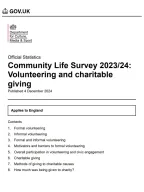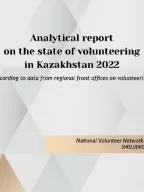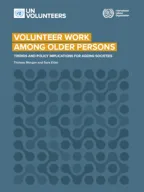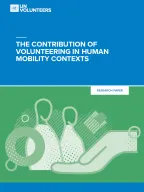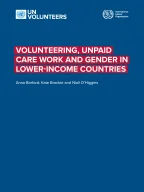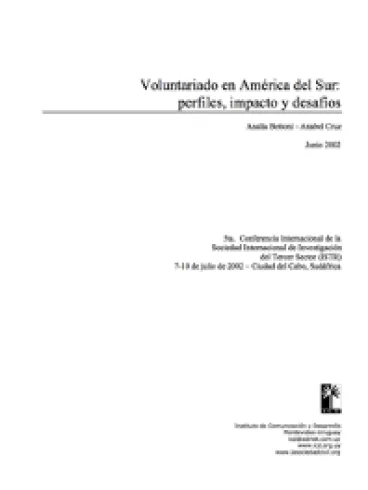
Volunteering in South America: profiles, impact and challenges
Fast read
- The report maps out the trends, impact and challenges of volunteer work in Uruguay, in comparison with three South American countries (Argentina, Chile and Brazil).
- It looks at the enabling environment for volunteering, including the recognition and support that voluntary work and the volunteer movement have received historically and in recent years.
Summary
The study found that the volunteering movement has grown significantly. In Uruguay alone, the number of volunteers doubled in three years, from 7 per cent of the population (160,000 people) to 14 per cent of the population (330,000 people). However, it also notes that volunteering does not have enough political support from the State and there is a lack of integration with other sectoral social policies. Finally, it notes that in Ecuador, as well as in Argentina, Brazil and Chile, volunteer activities are traditionally perceived as “invisible work”.
The study provides governments and policymakers with new evidence on the scale and potential of volunteering in Uruguay. It also highlights opportunities for further strengthening the contribution of volunteering in the country, including collaborations with civil society and volunteer-involving organizations in developing institutional frameworks that better recognize, support and harness the contribution of volunteer work to the national development of Uruguay.













